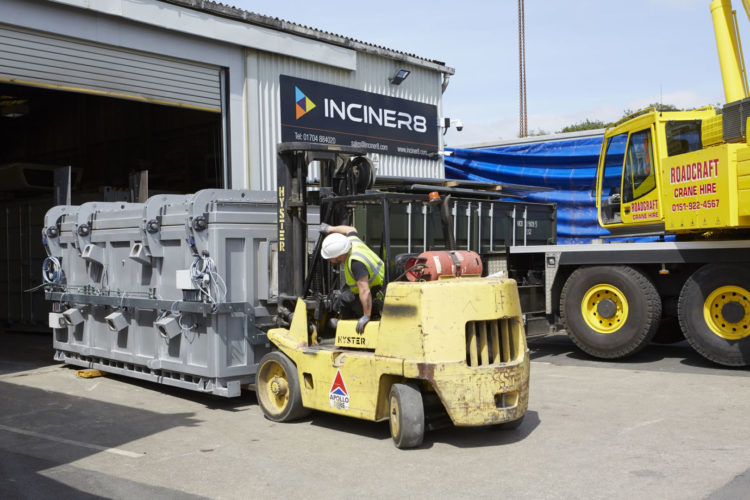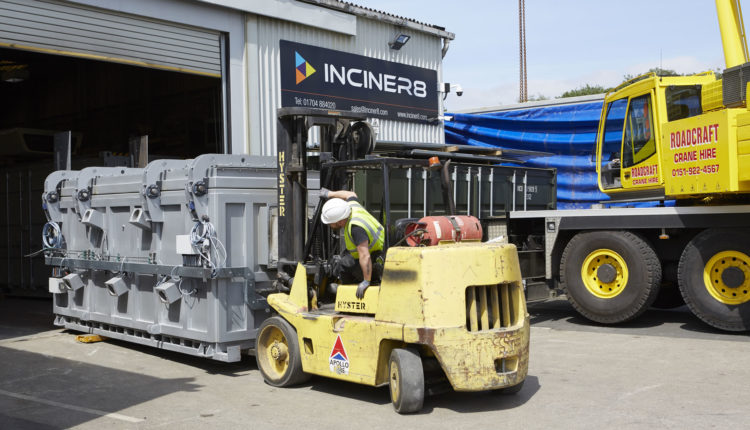United Nations enlists help of Mersey manufacturer in war-torn regions
Southport-based Inciner8 has been asked by the UN to supply life-saving waste management systems systems in Darfur, Somalia and the Abyei Area at the flashpoint border of North and South Sudan

Liverpool city region manufacturer Inciner8 has been asked by the United Nations to support three peacekeeping missions in Africa.
From its base in Southport, Inciner8 supplies waste management systems across the world and has been asked by the UN to provide 23 incinerators for three high profile peacekeeping missions.
The incineration specialist is supplying urgent and life-saving waste management systems that can cope with hazardous, bio-medical and municipal waste in Darfur, Somalia and the Abyei Area at the flashpoint border of North and South Sudan.
Inciner8 has now started the process of installing incinerators on site within the war-torn areas, training unskilled workers to operate the equipment and monitoring its safe and efficient use.
The firm is already a global specialist in the provision of waste management for humanitarian crises. The company has helped keep disease and infection at bay by installing incinerators at refugee camps, and was instrumental in minimising the spread of Ebola thanks to its safe provision for the eradication of contaminated waste in Liberia.
It was also called upon to help with the safe disposal of contaminated waste in South East Asia during the SARS outbreak.
Alex Billingsley, marketing manager at Inciner8, said: “As a dedicated supplier to worldwide humanitarian efforts, we are committed to finding tailored waste solutions to very complex, and very urgent, situations across the globe.
“Manufacturing and deploying incinerators that safely dispose of all kinds of waste is essential in keeping civilians and aid workers away from extra harm in already dangerous environments.
“The projects come with specific and often extreme challenges. Sudan’s arid conditions and tropical climate requires robust equipment. For all locations, ease of use was also key, in addition to the equipment being uncomplicated to disassemble and move, should there be an urgent requirement to relocate.”

